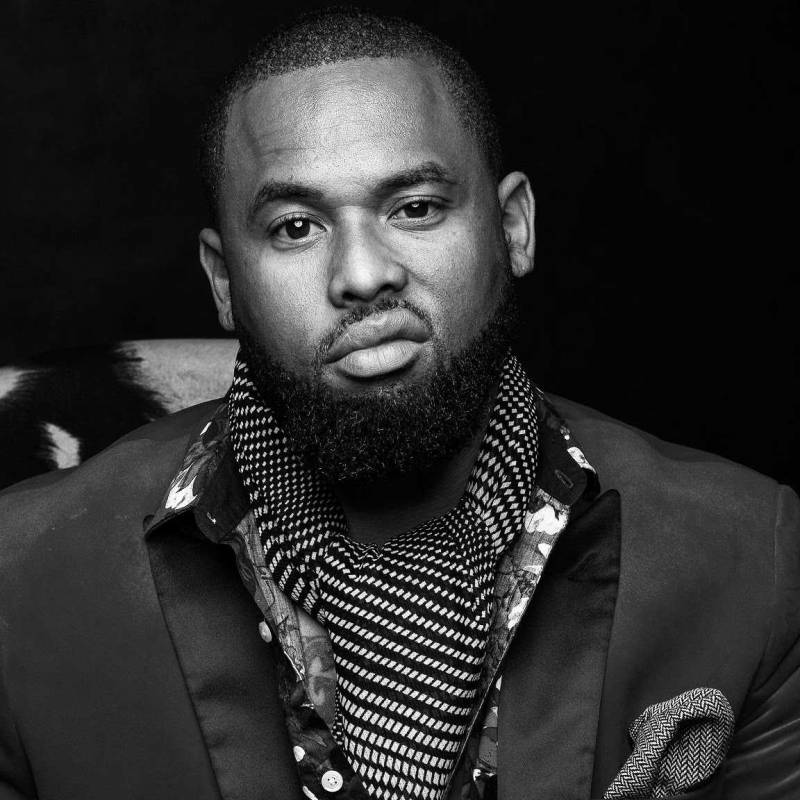
Prentice Powell is an East Bay poet whose been working from home a lot lately. This has caused some confusion for his kids, “They were just like, ‘So dad, do you have a job?'”
Powell does have a job, and does big things: he’s performed his poems on The Arsenio Hall Show, Verses and Flow, and in the upcoming Nick Cannon movie, She Ball. And just this week, Powell concluded a residency at The Kennedy Center in Washington DC with Fiveology, a poetry group of his longtime friends and collaborators.
For Powell, poetry is his work, his passion, a way to express what he feels and work out what he thinks. And while he puts a lot of his life into his poems, he’s decided there are certain topics to keep off the page and the stage, and certain poems he’d like to leave in the past.
This week on Rightnowish, Prentice Powell talks about fatherhood and poetry: how sometimes they mix and sometimes they don’t.
Below are lightly edited excerpts of my conversation with Prentice Powell.
Pen: So when I saw you Juneteenth, you told me you’re juggling a million different things… One notable project is Nick Cannon’s new movie She Ball… In it you play yourself and perform some of your original poetry… And a very big name scored your performance.
Prentice: Not only was I cast to perform my poem, Stevie Wonder caught wind of my poem and composed some original music to accompany my poem in the movie. So I now have official collaboration credits to say that I have worked with Mr. Stevie Wonder, brother so…
Pen: That’s dope, that’s hell of an accomplishment, something definitely like to tell the next generation and say, I did this.
Prentice: It’s more so like, can I take this accomplishment and figure out how to make it feed me to work harder? Like… how can I pull from it to see what this could do for my next step.
Pen: What was the actual poem that you performed?
Prentice: It’s called “Good Father.” One of the ones I did on The Arsenio Hall Show about my son being in Florida and me having to fly over there from Oakland every four weeks to bring him back for six weeks. So it’s about being a single father and the journey I’ve been through with him.
Pen: That poem, man, that poem is powerful.
Prentice: I hate that poem
Pen: Why?
Prentice: Ah, the pain. I don’t wish that on anybody. So regardless if it was me or somebody else, oof, You know, I just I don’t want nobody else to have that.
Pen: So you wrote the poem years ago and… things have changed, and you’re still performing it to this day. How does it feel to revisit those wounds?
Prentice: As much as it’s a piece of art, it’s my real life, you know what I’m saying? There’s certain parts of my life that gotta stay in a certain place. And I think I’m learning with my work and my poems that some of these aren’t meant to stay with me forever.
Pen: Gotcha… Do you have rules about things that you don’t mention in your writing?
Prentice: I do. I will not talk about my children’s mothers in my work. I leave them out of it… I just try to keep it about me.

Rightnowish is an arts and culture podcast produced at KQED. Listen to it wherever you get your podcasts or click the play button at the top of this page and subscribe to the show on NPR One, Spotify, Apple Podcasts, TuneIn, Stitcher or wherever you get your podcasts.

